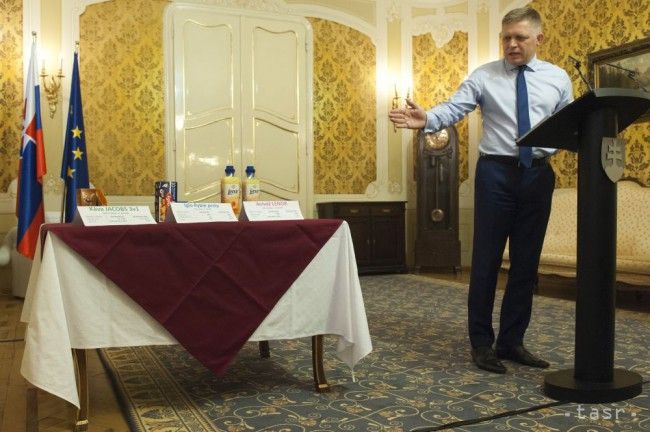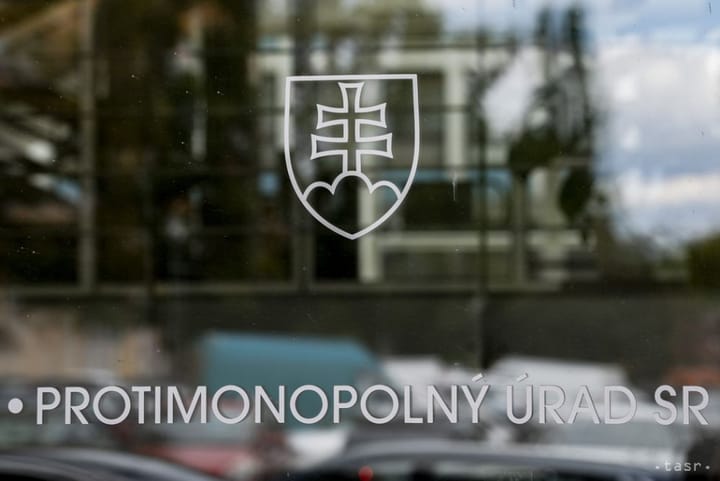Fico: We Might Restrict Supply of EU Products to Market Due to Dual Standards

Bratislava, July 18 (TASR) – The issue of double quality standards in food or in other products, such as washing powders, is gradually growing into a considerable international scandal, stated Prime Minister Robert Fico (Smer-SD) at a press conference in Bratislava on Tuesday.
“I can’t accept it that citizens of the Slovak Republic are being treated this way,” said Fico, referring to the fact that some products sold in western EU countries have different content than the same products sold in eastern EU countries.
According to the prime minister, it’s important for this issue to be addressed with greater intensity. As a result, he wants to discuss the double quality standards in food at the Visegrad Four/V4 (the Czech Republic, Hungary, Poland and Slovakia) session due to take place in Budapest this Wednesday (July 19). Moreover, he wants to send a letter to or meet in person with European Commission President Jean-Claude Juncker in this regard. “This is a serious political issue,” he added.
Fico went on to say that he views the measures taken by the EC in this regard as insufficient. The EC is still only collecting the data, although there has been plenty of evidence, stated the premier.If the Commission doesn’t address the issue vigorously enough, Slovakia might introduce a couple of one-off measures as early as in the autumn, said Fico. These measures include, for example, restricting the import of European products to the Slovak market and providing the Slovak public canteens exclusively with products of Slovak origin for a certain period of time. “We have to defend ourselves, we cannot accept this,” said Fico.
The premier added that he’s aware of the fact that such measures would violate the EU rules of the single market. “We only want people in Slovakia to have access to food of the same quality [as people from the west],” he said.
Fico also said that he’s recently experienced the issue of double quality standards in foodstuffs himself. While buying fish fingers he realised that those bought in Austria had 300 grams and were made up of 65 percent meat, whereas those bought in Slovakia weighed 280 grams and were comprised of 58 percent meat. The price and the name of the product was identical, however.



